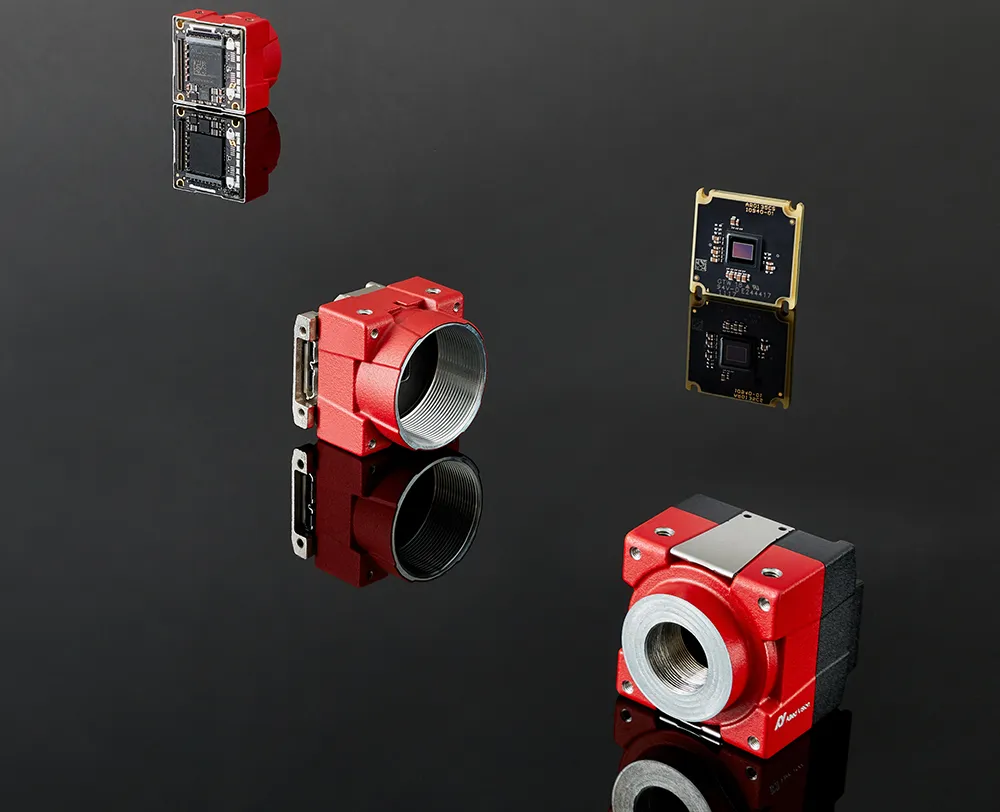
With an increasing population and continued economic growth, freight and passenger traffic on road and rail is continuously growing. Despite many investments in infrastructure, the density of cars and trucks is steadily rising. Simultaneously, the need for speed, mobility, and safety is also becoming ever more demanding
To meet these challenges, automated vision-based ITS systems for traffic control and monitoring have emerged as part of the smart city concept. These cameras not only have to cope with extreme weather conditions and fluctuating light intensity but also keep pace with the speed and flood of information.
High resolution in a widescreen format
Allied Vision now expands the fast and powerful Alvium camera series which is available with either USB3 or MIPI CSI-2 interface, with a high-performance Sony fourth-generation IMX back-illuminated CMOS sensor utilising Pregius S global shutter technology. The new 1800 U/C-1620 camera combines a compact form factor with a large, high-resolution sensor to offer the highest possible resolution in a small housing. Equipped with the IMX542 sensor in 16:9 widescreen format, which offers almost twice the resolution of the comparable 2nd generation Sony IMX267 sensor, this camera is highly attractive for ITS applications as it can monitor multiple lanes with one camera. It runs up to 30 frames per second for CSI-2 and 22 frames per second for USB3, at 16.2 MP resolution.
More pixels per sensor size
A smaller pixel size of only 2.74 µm now allows a significantly higher number of pixels on the same sensor area. This means fewer cameras are required in a vision system, resulting in significantly lower system costs.
The Sony IMX542 Pregius S sensor with back-illuminated pixel architecture integrated into the Alvium 1800 U/C-1620 offers major advantages over its predecessors. Thus, higher spatial resolution, compact format, improved quantum efficiency, higher light incidence angle, and high-contrast images with minimal noise are guaranteed.
Reliable and powerful camera model for a wide range of traffic monitoring systems
With the rugged Alvium U/C-1620 camera model, Allied Vision offers reliability and performance for a wide range of traffic monitoring systems, such as ALPR (Automatic Licence Plate Recognition) cameras, speed cameras, red-light cameras, and more. In addition, traffic systems benefit from the latest Sony IMX sensor technology in this camera model, which provides superior image quality and high overall performance in challenging traffic environments and varying lighting conditions.
Click this link to find out more
Sponsored content produced in association with Allied Vision









